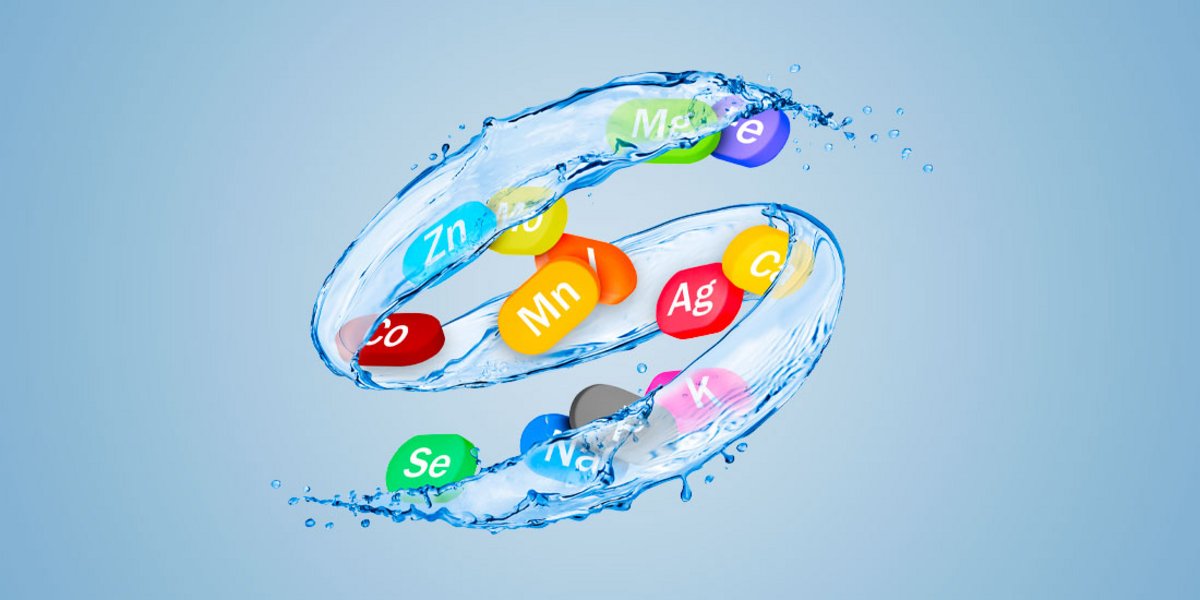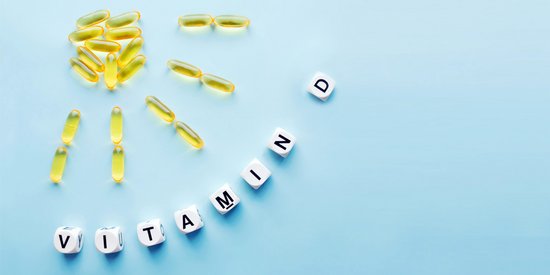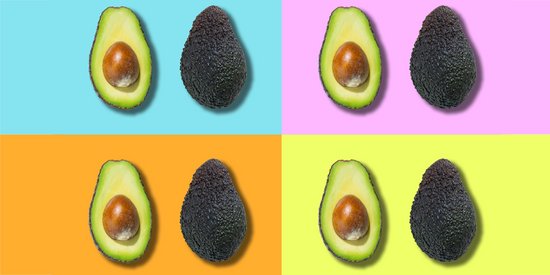What are minerals and trace elements?
Trace elements are chemical micronutrients that are required in tiny amounts, but which play a vital role in maintaining the integrity of various physiological and metabolic processes which take place within living tissue. They are minerals; metals that are essential for life. They most often act as catalysts, facilitating the proper functioning of various vital chemical reactions in our bodies. Deficiency of any of the trace elements may manifest as a combination of various clinical manifestations, rather than a specific presentation, as each trace element is linked to numerous enzyme systems.
The importance of trace elements is explained by their effects in the body. They intervene at several levels by binding to proteins to form complexes. This explains their fundamental roles. Although they are needed in very small amounts, trace elements such as iron, iodine, fluorine, copper, zinc, chromium, selenium, manganese and molybdenum, are essential for the maintenance of health. Also called microminerals, these trace minerals are part of the body's enzymes, hormones and cells. Note that they are also present in our diet, see our article: Which foods contain minerals?
Experts agree that 13 trace minerals are essential for good health. The main ones are; iron, copper, iodine, zinc, fluoride, selenium, manganese, magnesium, potassium, calcium, phosphorus, chromium, molybdenum.
Below you will discover some simple explanations for the 9 main trace elements and in particular, you will discover where they hide out!
Iron
As a component of blood haemoglobin, one of the most important functions of iron is to carry oxygen from the lungs to different parts of the body. In myoglobin, iron allows the storage of oxygen in the cells of the muscles. Iron is also part of many enzymes and is essential for growth, wound healing, immune function and DNA synthesis. For an adequate intake of this essential nutrient, include foods such as beef, poultry, fish, soy flour, spinach, beans, and fortified cereals in your diet.
Iodine
Iodine is essential for the formation of the thyroid hormones T3 or triiodothyronine and T4 or thyroxine. Inadequate production of thyroid hormones can lead to enlargement of the thyroid gland, also known as goitre, while its deficiency during pregnancy can cause irreversible brain damage in the new-born child. However, you can get sufficient amounts of iodine by consuming iodized salt, seafood, eggs, and milk.
Fluoride
Well known for its role in the formation of bones and teeth, Fluoride is present in the body in the form of calcium fluoride. Fluoride hardens tooth enamel, reduces the incidence of tooth decay and can prevent bone loss. If your primary source of fluoride is fluoridated water, fluoride can also be found in saltwater fish, tea, coffee, and green vegetables.
Copper
Copper prevents cell damage through its antioxidant action and, as a component of many enzymes, it helps in the production of energy from carbohydrates, proteins and fats. Its characteristics make it interesting to help the body fight against the flu. Copper is also essential for the formation of bones, connective tissues and red blood cells. It is present in many foods, including offal, shellfish, chocolate, beans and whole grains.
Zinc
In addition to its role in the formation of enzymes, zinc improves immune function, helps blood to clot, preserves taste and smell, maintains healthy skin and supports normal growth and development. It is widely used to treat skin conditions. You can get adequate amounts of zinc by regularly consuming eggs, seafood, red meats, fortified cereals, and whole grains.
Chromium
Chromium is an important trace element that is necessary for the normal functioning of insulin, a hormone that maintains blood sugar levels. It is also essential for the metabolism of carbohydrates, proteins and fats. Important sources of chromium include liver, processed meats, brewer's yeast, whole grains, cheese and nuts.
Selenium
This essential trace element has an antioxidant effect, fights inflammatory phenomena and has an action on the thyroid hormone. Selenium, along with vitamin E, acts as an antioxidant that prevents cell damage, can prevent certain cancers, and is essential for the normal functioning of the thyroid gland. Meat, seafood, nuts and cereals are good sources of selenium.
Manganese
Manganese not only contributes to the formation of enzymes but is also necessary for their activation. It acts as an antioxidant, helps in bone development and heals wounds by increasing collagen production. Manganese is an allergy field modifier. Associated with copper, it can help the body to fight against infections. Good sources of manganese are pineapple, nuts, whole grains and beans.
Molybdenum
Like manganese, molybdenum contributes to the activation of certain enzymes and to the normal functioning of cells. Food sources of molybdenum are milk, legumes, whole grain breads and nuts.
An inadequate intake of trace elements can cause symptoms of nutritional deficiency. However, your trace element needs are easily covered by a varied diet from the different food groups that you have discovered above. To conclude this article, do not neglect tap water, do not only give preference mineral water, as yes, tap water contains minerals and trace elements. Or opt for spring waters even if their mineral composition is not necessarily consistent.
REMEMBER… A varied and balanced diet guarantees our necessary intake of trace elements.









